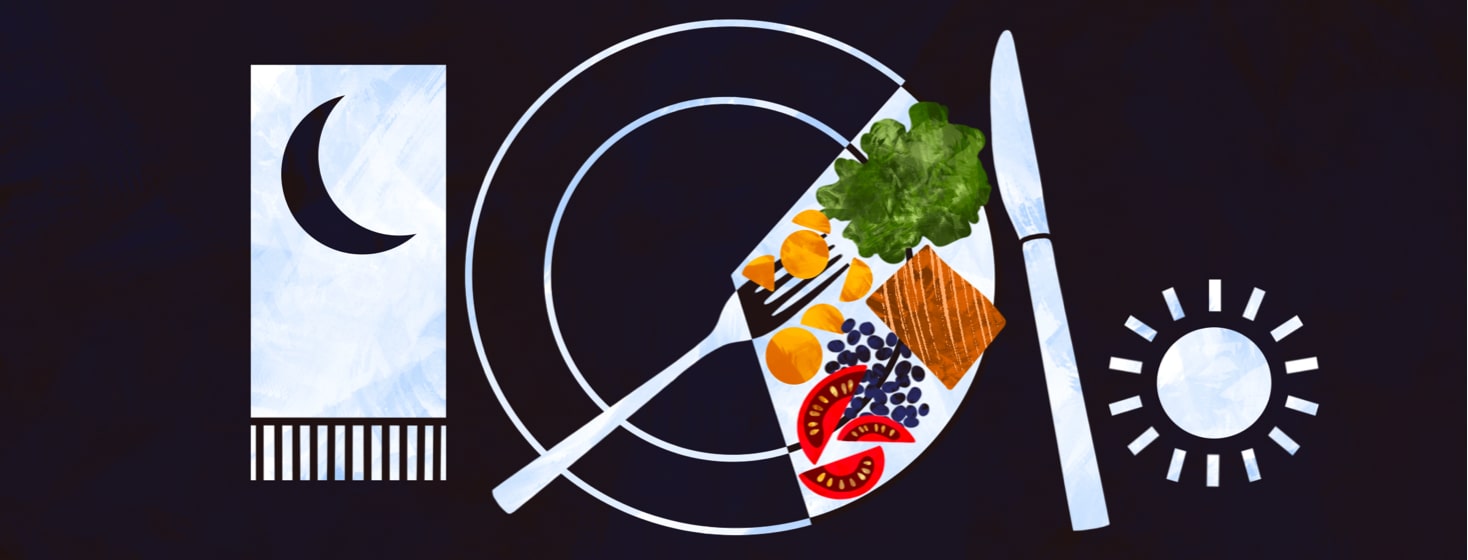Fasting for Prevention of Relapse
In December 2007 I was diagnosed with hairy cell leukemia, a chronic and often repeating blood cancer. I have had 2 relapses and have undergone treatment each time since the initial diagnosis. My number one goal has become preventing further recurrence, and for me, this has meant adding wellness hacks into my daily routine.
Trying a popular wellness hack
The number one thing that has made the biggest impact on my well-being has been intermittent fasting. Yes, there has been controversy surrounding this particular lifestyle, and I was skeptical myself to try it. I found Dr. Mindy Pelz, a fasting expert, in 2020 after I was diagnosed with a relapse of HCL.
I attempted fasting at this time, and it didn’t feel right, probably because my diet and nutrition had declined during lockdown. I’m guessing the cancer in my body was also causing me to crave more carbs and food in general. I later learned that cleaner eating before starting a fasting protocol makes it much easier for me. I continued to learn all that I could to make sure this was a good choice for me.
This time fasting worked for me
It wasn’t until after completing treatment in December 2021, that I gave fasting another try. I initially made it a habit to stop eating after my evening meal and then not eating breakfast the next day until after being awake for at least an hour. This made the initial fasts around 13 hours long. Then over time I gradually increased my fasting time to reach 17 hours with no food at least a few days a week.
The reason 17 hours has been a goal is because, according to Dr. Mindy, this length of fast helps the body go into a state of autophagy, a cellular state of repair where undesirable components, such as bacteria and viruses are cleared from the cells. In Dr. Mindy’s words “it’s like turning on lights in a dirty room and seeing what parts need to be cleaned up.” And after going through chemo on 3 separate occasions, not to mention all of the environmental toxins to which I’ve been exposed, I knew that my cells were in desperate need of being cleaned up.
Expanding my fasting
As I became more accustomed to this routine, I started adding in one 24-36 hour fast per week, in hopes to repair my gut microbiome. I knew the prophylactic antibiotics I had been given during treatment, combined with the chemo drugs, had done a number on my gut health. Both before and during treatment, I could feel the inflammation forming in my body, and this feeling didn’t resolve after treatment until I incorporated this length of fast into my routine.
As time went on, I learned to incorporate a 72 hour fast at least twice a year. I know this sounds extreme, but in my personal experience, I have found that after completing a 72 hour fast, I feel significantly better and more rejuvenated.
Another component to fasting is making sure that there are days when I don’t fast at all. In building a fasting lifestyle, I am not trying to restrict calories, but instead I am trying to relieve inflammation and allow the my body a chance to repair itself. I therefore try to incorporate a variety of nutrient dense foods into my eating window. Eating, and what I eat, are important components in making the fasting beneficial.
This lifestyle isn't for everyone
I am not suggesting that a fasting lifestyle is for everyone, and I personally only entered into it after doing months of research first. When doing a fast, I also closely monitor my blood glucose and ketones to make sure they stay within healthy ranges. I also honor how I am feeling, not hesitating to break a fast when I feel it is necessary. I’ve had the added bonus of becoming more aware of the changes happening within my body, then changing what I do based on how I feel. It is easy to customize fasting lengths based on my individual needs. And a big bonus of fasting is that it is free!
To some, fasting may seem like a disordered way of eating. And if you had asked me 4 or 5 years ago, I would have agreed. But now that I have tried it, I can’t imagine living any other way. Because of a fasting lifestyle, I have greater hope that I can maintain a longer remission and/or control blood cancer inflammation without the use of chemo drugs.

Join the conversation